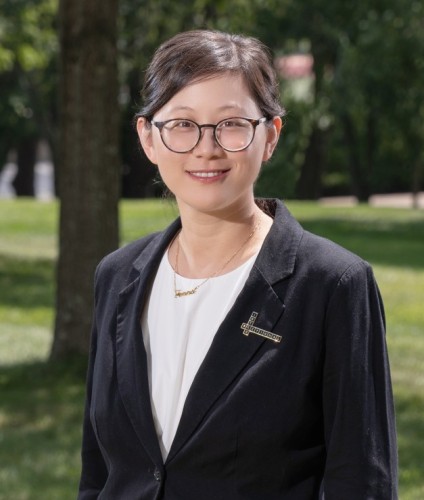
Affiliated Departments & Programs
Lin Li is a gender historian of East Asia. Adopting a transnational and intersectional methodology, Li is interested in the dynamic interactions among structural injustice, historical memory, and popular culture. Li's research and teaching center on two main themes: first, the production of structural violence along the lines of gender, ethnicity and disability across the Japanese empire. Second, the representation of this violence within historical memory and popular culture in the Asia-Pacific from the Cold War onward.
Adopting a transnational and intersectional methodology, Li is interested in the dynamic interactions among structural injustice, historical memory and popular culture. Li is currently preparing a monograph that examines the emergence and struggle over trans-Pacific historical memories of the “comfort women” system, a euphemism for a system of Japanese military sexual slavery.
Li received a Ph.D. in East Asian history from the University of Wisconsin-Madison with a minor in gender and women’s studies and then completed a postdoctoral fellowship at Stanford University’s Clayman Institute for Gender Research. Prior to Kenyon, Li worked as an assistant professor of history at the University of St. Thomas, Minnesota. Li currently serves as the chair of National Women’s Studies Association’s North American Asian Feminist Collective caucus.
For the latest updates on Li's research, please visit kenyon.academia.edu/LinLi.
Areas of Expertise
Gender; East Asia; historical memory; popular culture
Education
2020 — Doctor of Philosophy from Univ of Wisconsin-Madison